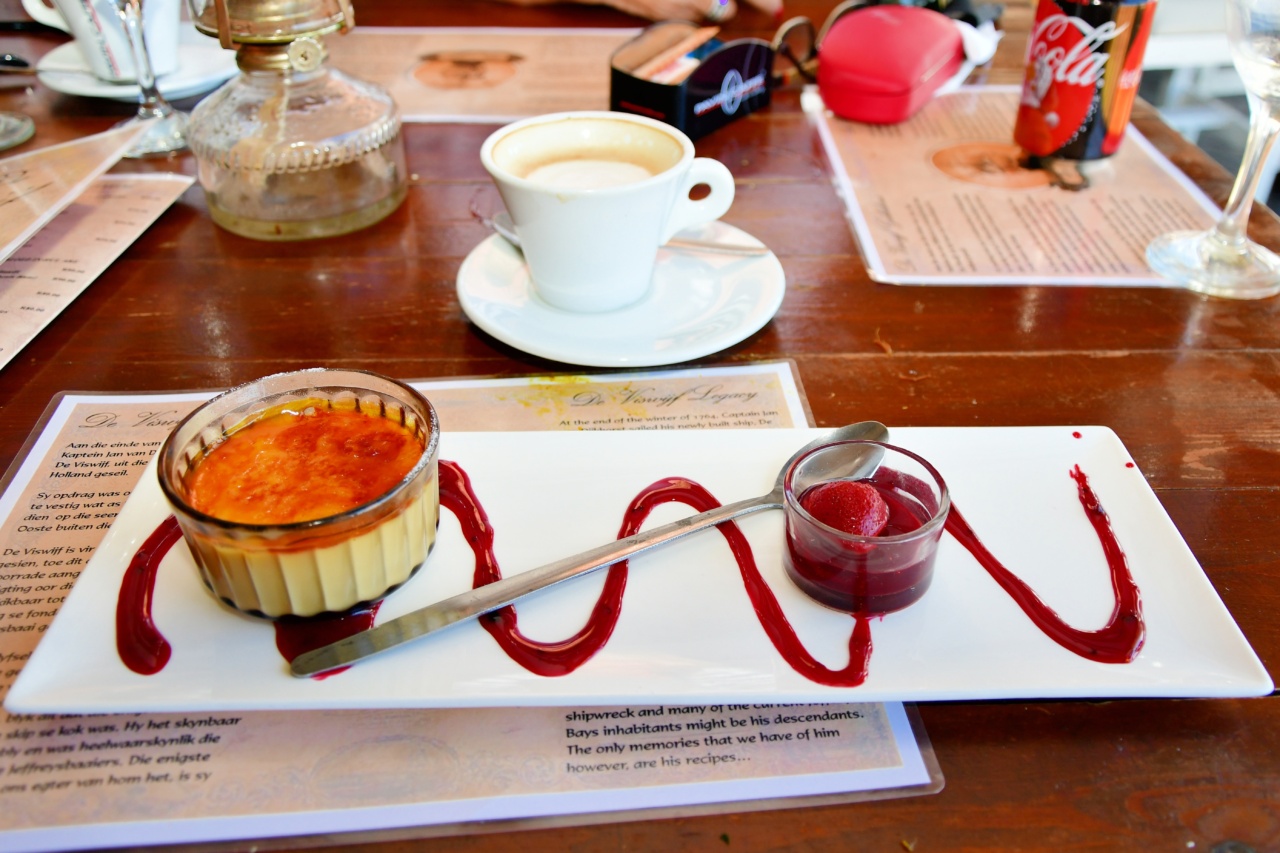When trying to conceive, it’s important to take into consideration all aspects of your lifestyle that can potentially affect your chances of getting pregnant.
While many people are aware of the impact of factors such as diet, exercise, and stress, the influence of certain drinks on fertility is often overlooked. In this article, we will explore the drinks that can compromise your chances of getting pregnant and why it is important to be mindful of what you consume during this crucial time.
1. Alcohol
Alcohol consumption has long been associated with infertility in both men and women. Excessive alcohol intake can disrupt hormone production and affect the quality of eggs and sperm.
It can also interfere with ovulation and sperm motility, making it more difficult to achieve pregnancy. It is advisable to avoid alcohol completely if you are actively trying to conceive.
2. Caffeinated Beverages
Caffeine can be found in various popular beverages such as coffee, tea, energy drinks, and soda. While a moderate intake of caffeine is generally considered safe, excessive consumption can affect fertility.
High levels of caffeine have been linked to an increased risk of miscarriage, delayed conception, and even reduced sperm count in men. To enhance your chances of getting pregnant, it is recommended to limit your caffeine intake to no more than 200 mg per day or switch to decaffeinated options.
3. Sugary Drinks
Sugary drinks like soda, fruit juices, and sweetened beverages may not seem directly connected to fertility, but they can have negative effects on reproductive health.
High sugar intake can lead to insulin resistance and hormonal imbalances, potentially interfering with ovulation and sperm quality. Additionally, excessive consumption of sugary drinks can contribute to weight gain and obesity, which are known factors that can impair fertility in both men and women.
4. Diet Soda
While diet soda may seem like a healthier alternative to regular soda due to its lack of sugar, it is not without its drawbacks. Artificial sweeteners found in diet sodas have been associated with hormonal imbalances and can negatively affect fertility.
Studies have shown that regular consumption of diet soda can reduce the chances of conception, so it’s best to opt for water or other natural beverages instead.
5. Energy Drinks
The high caffeine and sugar content in energy drinks make them potentially harmful to fertility. Energy drinks can disrupt hormonal balance, increase the risk of miscarriage, and affect reproductive system functionality.
It is advisable to avoid energy drinks altogether when trying to conceive, as they offer no nutritional benefits and can have severe consequences for reproductive health.
6. Excessive Green Tea
Green tea is generally considered a healthy beverage due to its antioxidants and potential health benefits. However, when consumed in excess, it can hinder fertility.
Green tea contains compounds called catechins, which can interfere with the body’s absorption of folic acid. Folic acid is crucial for the healthy development of a baby, so it’s best to limit green tea intake or opt for caffeine-free herbal teas while trying to conceive.
7. High-Mercury Fish
While not a beverage, it’s worth mentioning the impact of high-mercury fish on fertility. Certain fish, such as tuna, shark, swordfish, and king mackerel, are known to contain high levels of mercury.
Mercury is a heavy metal that can accumulate in the body over time and impair fertility in both men and women. When trying to conceive, it is best to avoid these fish or opt for low-mercury alternatives like salmon and shrimp.
8. Sports and Energy Drinks
Sports and energy drinks are commonly marketed as a way to boost energy and enhance athletic performance. However, excessive consumption of these beverages can hinder fertility.
They often contain high amounts of sugar, artificial additives, and caffeine, which can disrupt hormonal balance and negatively affect reproductive health. Choosing water or natural fruit-infused drinks is a better option when trying to conceive.
9. Alcohol-Based Cocktails
Alcohol-based cocktails, such as margaritas, martinis, and mixed drinks, are not only high in alcohol content but also often loaded with sugar and artificial additives.
Consuming these cocktails can have a double negative impact on fertility, as they combine the detrimental effects of alcohol and sugary drinks. It’s best to avoid such cocktails altogether or opt for mocktail alternatives that are alcohol-free and made with natural ingredients.
10. Fruit Juices with Added Sugar
While fruit juices may seem like a healthy choice, many commercially available options have added sugar, which can negatively impact fertility.
High sugar intake can lead to insulin resistance and hormonal imbalances, potentially affecting ovulation and sperm quality. It’s advisable to consume freshly squeezed or homemade fruit juices to ensure they are free from added sugars and preservatives.
Conclusion
When trying to conceive, it is important to pay attention to the drinks you consume as they can have a significant impact on fertility.
Alcohol, caffeine, sugary drinks, artificial sweeteners, and high-mercury fish are some of the beverages that can compromise your chances of getting pregnant. Opting for healthier alternatives such as water, caffeine-free herbal teas, and homemade fruit juices can help support your fertility journey.
It’s essential to prioritize your reproductive health by making mindful choices about what you drink during this crucial time.































